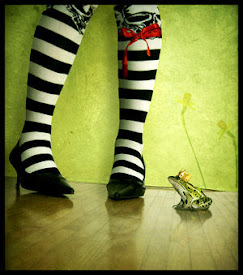Background of the Study:
Mosquitoes are vector agents that carry disease-causing viruses and parasites from person to person without catching the disease themselves. Female mosquitoes suck blood from people and other animals as part of their eating and breeding habits. The female mosquito that bites an infected person and then bites an uninfected person might leave traces of virus or parasite from the infected person's blood. This insects, especially the female, are harmful in human health.
In its life cycle the mosquito undergoes complete metamorphosis, going through four distinct stages: egg, larva, pupa, and adult. All mosquitoes must have water in which to complete their life cycle. This water can range in quality from melted snow water to sewage effluent and it can be in any container imaginable. The type of water in which the mosquito larvae is found can be an aid to the identification of which species it may be. Also, the adult mosquitoes show a very distinct preference for the types of sources in which to lay their eggs. They lay their eggs in such places such as tree holes that periodically hold water, tide water pools in salt marshes, sewage effluent ponds, irrigated pastures, rain water ponds, etc. Each species therefore has unique environmental requirements for the maintenance of its life cycle.
There are many diseases and infections caused by mosquitoes worldwide. Here in Philippines, dengue and malaria are the most common ones. These sickness can be dreadful causing deaths to people.
This study tries to find out if female mosquitoes can lay their eggs in different mediums: juice, soy sauce, vinegar, fruit extract (orange/lemon) , distilled water, rain water and tap water. The researchers would like to analyze the possibility of mosquitoes to lay eggs and growth of larvae.
Sunday, March 16, 2008
Subscribe to:
Post Comments (Atom)

No comments:
Post a Comment